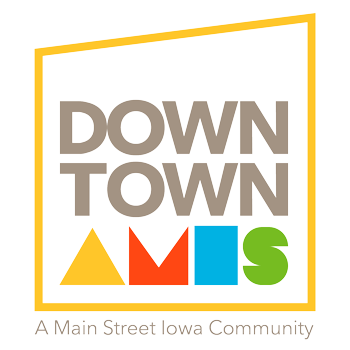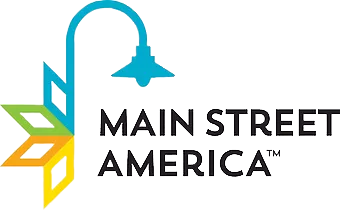By Virginia Kovach
I was in high school when I walked through the door of Worldly Goods in downtown Ames the first time. Little did I know, I was about to learn that shopping can be a spiritual experience. From the start, I was entranced by the rich colors, textures, and details in every display. I soon learned all those beautiful items were produced by people in developing countries who were paid fair wages and treated with dignity. Buying something beautiful is one thing, but buying something beautiful to help the person who made it is shopping on a deeper, more meaningful level. This kind of shopping, I discovered, was good for my spirit.
Worldly Goods celebrates 30 years of helping others through fair trade this year. As I think about the impact the store has had on the Ames community, I reflect on the influence it’s had on me. I volunteered for Worldly Goods in college. I was a journalism major working for The Iowa State Daily when I decided that I wanted to learn more about fair trade and the larger issue of sustainability. I created a “sustainability beat” and learned to think about how all our life choices affect the people and the environment of this generation, and the next.
“We have a unique product mix that you can’t find in other stores,” said Andrea Gronau, store manager since October 2012. “Our mission has helped people all over the world, allowing a lot of people the chance to see other cultures they wouldn’t have seen in other places.”
While the merchandise comes from a variety of companies, Worldly Goods works with The Fair Trade Federation to ensure that all of their artisans are paid a living wage. A “living wage” is a foundation of fair trade, but as Gronau or any of her volunteer staff will tell you, fair trade goes beyond that.
Fair trade is a system of exchange that provides, in addition to fair wages in the local context, workplaces that are safe, healthy, and participatory. Environmental sustainability and respect for cultural identity are also basic principles of fair trade. Artisans are supplied with financial and technical support to build capacity, and organizations like the Fair Trade Federation work with the artisans to establish direct and long-term relationships with shops like Worldly Goods.
One example of a long-term relationship is the shop’s relationship with Chiri, a baby alpaca knit line from Peru. (see photo below) A former volunteer started an artisan cooperative in Peru and brought the product line back to the store. The items are soft, beautiful pieces that are both chic and practical in cold Iowa weather.
Jody Melcher, who is entering into her 9th year volunteering at the shop, appreciates how everything at Worldly Goods has a story. She really likes the metal work from Haiti. She has visited Haiti on her own, and she saw people creating pieces like the ones in Worldly Goods. She said her volunteer work in the shop helped her understand and appreciate the people she met when she was in Haiti.
“I like the whole mission of Worldly Goods,” said Melcher. “I like the fact that it helps people get out from under poverty or bad situations and it gives them the opportunity to use their skills and provide for their families.”
Merry Rankin, President of the Worldly Goods Board of Directors, and Director of Sustainability at Iowa State, said the mission of Worldly Goods is near and dear to her heart.
“Collectively we all, all around the world, every single person, every single ecosystem and all the inhabitants of those ecosystems are facing the future together,” Rankin said. “The future we leave ourselves, no matter who we are or where we are, collectively impacts all of us. Worldly Goods really represents such an important facet of the collective sustainable future that we will leave each other.”
Rankin said that under Gronau’s leadership, Worldly Goods has established the concept of fair trade as an option for everyday purchases such as food and apparel. Some fair trade stores focus mostly on special occasion gift items, but Worldly Goods shows us that fair trade principles are just as applicable to necessities.
She also praised Gronau for finding new ways to reach out to the Ames community with the principles of sustainability. Worldly Goods will hold its second Reuse, Repurpose, and Recycle Market this summer where local vendors will showcase their reused and repurposed items.
It’s encouraging for me to see how a store that introduced me to the concept of sustainability is continuing to do that for people in our community. I wish Worldly Goods a hearty congratulations for reaching that 30-year milestone. It will be fun to see what comes next.



